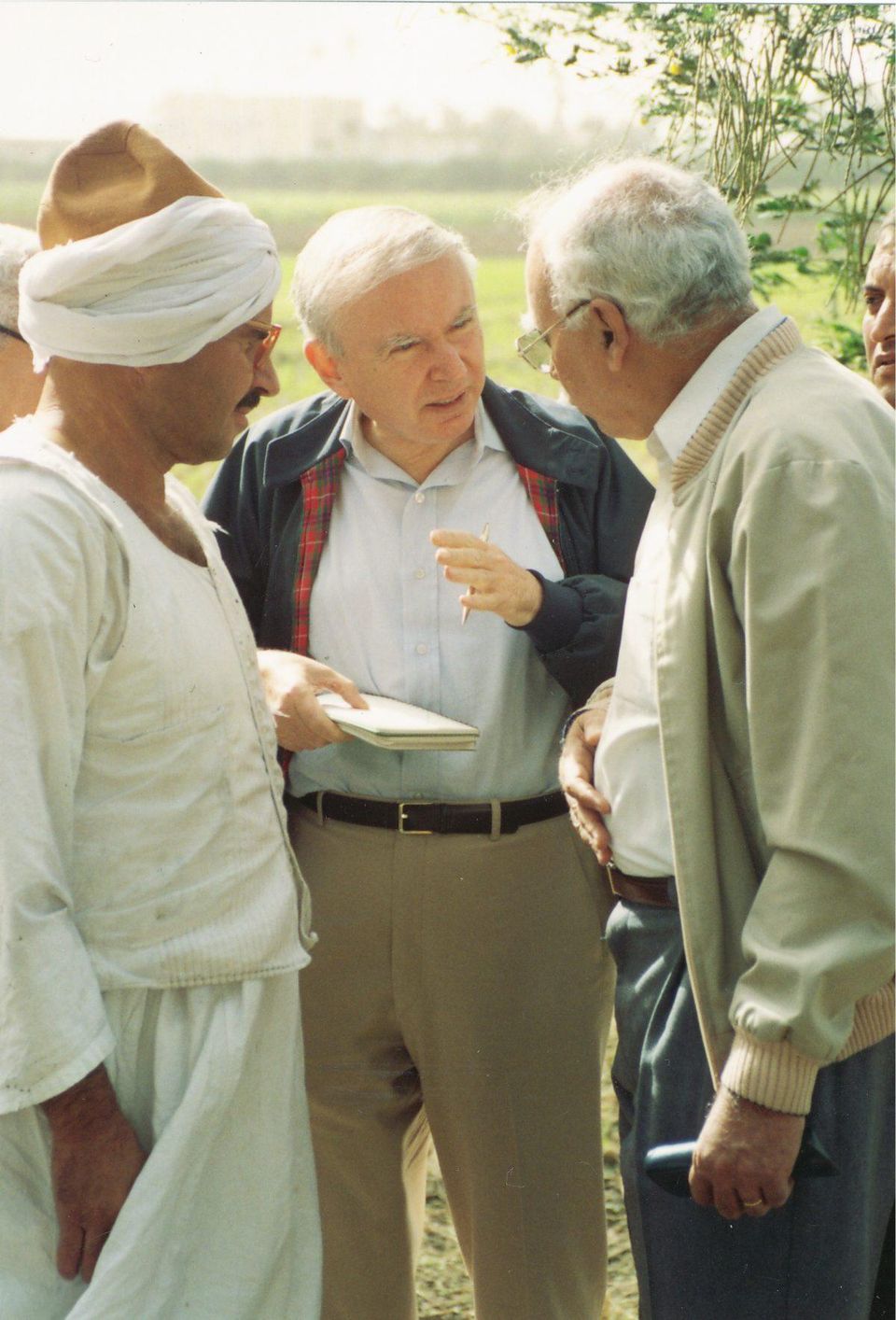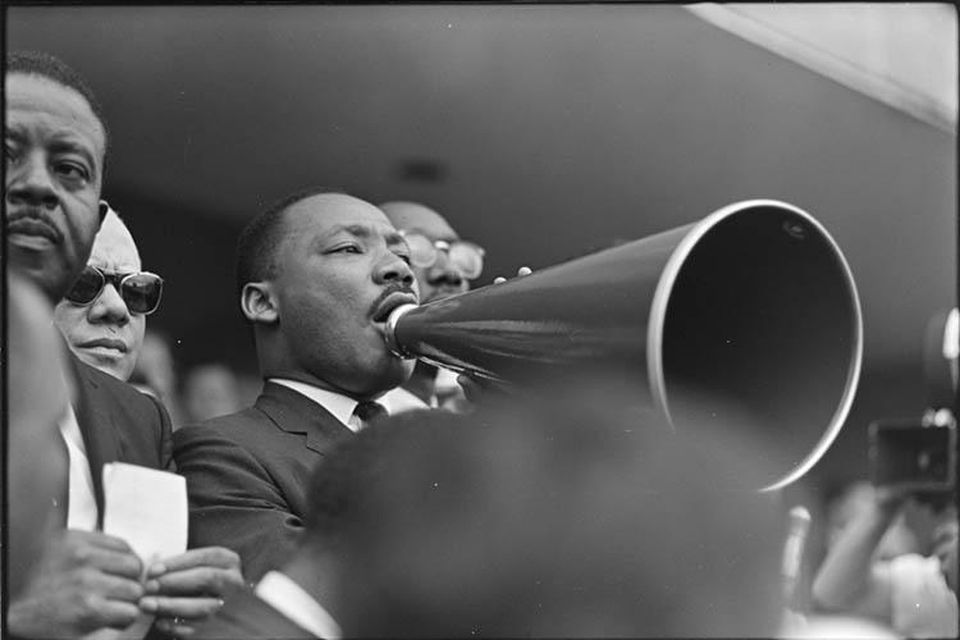News
Time for “Team of Teams”
In Engine of Impact, Bill Meehan and Kim Starkey Jonker offer this variation on an oft-quoted management bromide: “You are only as good as our people … and how you organize and lead them.” Social sector organizations today, the authors argue, must redouble their commitment not only to finding and retaining great people, but also to deploying them in ways that meet the dynamic needs of the Impact Era. An essential tool for doing so is an emerging model called “team of teams.”
In a recent article for Stanford Social Innovation Review, Meehan and Starkey Jonker explore the team-of-teams model at length and present a short case study of how Pratham, an education nonprofit in India, has adapted the model to conduct an ambitious, nationwide survey of children’s learning outcomes.
In addition, for their column on leadership for Forbes, Meehan and Starkey Jonker have written a new piece that summarizes the team-of-teams model and explains why it is becoming highly relevant to leaders in every sector. The model is as beneficial to employees as it is to the organizations that implement it. “[T]here are so many more opportunities for people’s career paths than were possible previously,” according Bill Drayton, who has pioneered the model at his organization, Ashoka.
You can find that piece, along with others written for the Forbes column, here.
Impact, Service, and Other Core Principles (Forbes Column)
Building on their recent Forbes article about two figures who helped shape their core principles as leaders, advisors, and researchers in the nonprofit sector, Bill Meehan and Kim Jonker use their new piece for Forbes to outline those principles. In the article (“Our Core Principles: High Impact at Scale, Yes, but Serve Others Always”), they write:
Our primus inter pares core principle is “high impact at scale.” Even as we place this principle first among equals, we are always careful to point out that we find, and honor, deep human dignity in any authentic effort to support, serve or simply be present with another person in need. This life principle to “serve others” is an essential idea in virtually every faith and wisdom tradition. It represents our fundamental obligation to each other, the foundational element in any community—our only true hope in our increasingly borderless, diverse world.
In conjunction with the new article, Meehan and Jonker have also created a handy one-page summary of the seven elements of strategic leadership. As they explain in that piece, those elements are prerequisites for achieving high impact at scale.
You can read the column here, and you can access the “seven essentials” summary here.
Encounters With Impact (Forbes Column)
In their latest column for Forbes—“How Two Figures Shaped Our Core Principles on Nonprofit and Philanthropic Leadership”—Bill Meehan and Kim Jonker each tell a story of engaging with a social sector leader who helped them define what it means to create a true “engine of impact.” Meehan discusses a chance meeting that he had many years ago with Bill Drayton (below left), who later founded Ashoka. Jonker, meanwhile, recalls encountering Roy Prosterman (below right), the founder of Landesa, while she was reviewing candidates for the inaugural Henry R. Kravis Prize in Leadership. (In a follow-up column, Meehan and Jonker will discuss the core principles that they hold today—principles that emerged in part under the influence of those two men.)
From Drayton, Meehan and Jonker write, Meehan “learned that the McKinsey [& Company] approach to fact-based, analytical problem-solving was applicable not only to business problems but, with some adaptation, to the problems faced by the social sector.” As for Prosterman, they write, he “became the first Kravis Prize winner, and in subsequent years other winners—Pratham, BRAC, and Helen Keller International, to name just a few—reinforced the views about mission, strategy, and scaling (among other essential topics) that [Jonker] began to crystallize” when she first learned about Landesa and its founder.
You can read the full column here.
Joining in Common Purpose (Forbes Column)
What do Helen Keller International, Landesa, Oregon Shakespeare Festival, and Positive Coaching Alliance have in common? These organization—and many others featured in Engine of Impact—are all exemplary nonprofits that show how people can come together in common purpose to deliver extraordinary social impact.
In the second post for their Forbes column, Bill Meehan and Kim Jonker evoke that ideal to make the case for the renewal and transformation of the American nonprofit sector. Titled “Our Call to Action: Joining Together for Social Impact,” the article notes that an immense intergenerational transfer of wealth is now under way in the United States. For that reason among others, Meehan and Jonker contend, the time is ripe “to refocus our nonprofit sector on impact, not just activity.”
You can read the article here.
Now at Forbes: A New Column on Leadership
Scaling up the message of a book, much like scaling up the impact of a nonprofit organization, depends on having the right platform to expand its reach. To help spread the ideas set forth in Engine of Impact, Bill Meehan and Kim Starkey Jonker have agreed to write a regular column for the Leadership section of the Forbes website. Every two weeks, they will post a brief, to-the-point article that leverages content from the book to shed light on current events and to offer practical insight for leaders.

The first entry in the series is a post titled “Philanthropists, Nonprofit Executives, and Board Members Must Awaken to the Dawn of the Impact Era.” It draws on recent developments in and around the social sector—the response to Hurricane Harvey, the decision by the Metropolitan Museum of Art in New York City to change its admission pricing policy, a new study on race and mobility in the United States—to illustrate the quest by nonprofit leaders to sharpen their focus on impact.
Meehan and Starkey Jonker argue that we are entering a new era—the Impact Era—and that nonprofits must rise to the occasion:
[T]he world of charitable giving is rapidly transforming as high-net-worth individuals turn their attention from the challenge of creating wealth to that of creating social impact. … The scale, timing, and focus of the portion of global wealth that will go to philanthropy in this era remain to be determined and are very much subject to influence—which is why nonprofits and their leaders must prepare themselves for this moment by earning the right to receive and leverage philanthropic investment.
You can access all posts for the Forbes column here.
- 1
- 2
Subscribe to receive updates on new content





